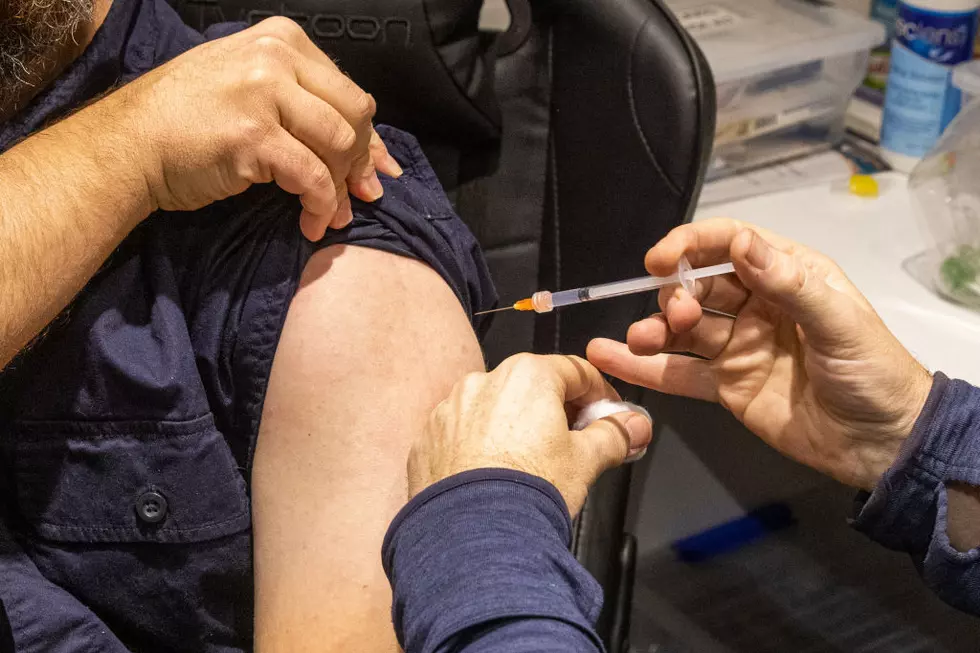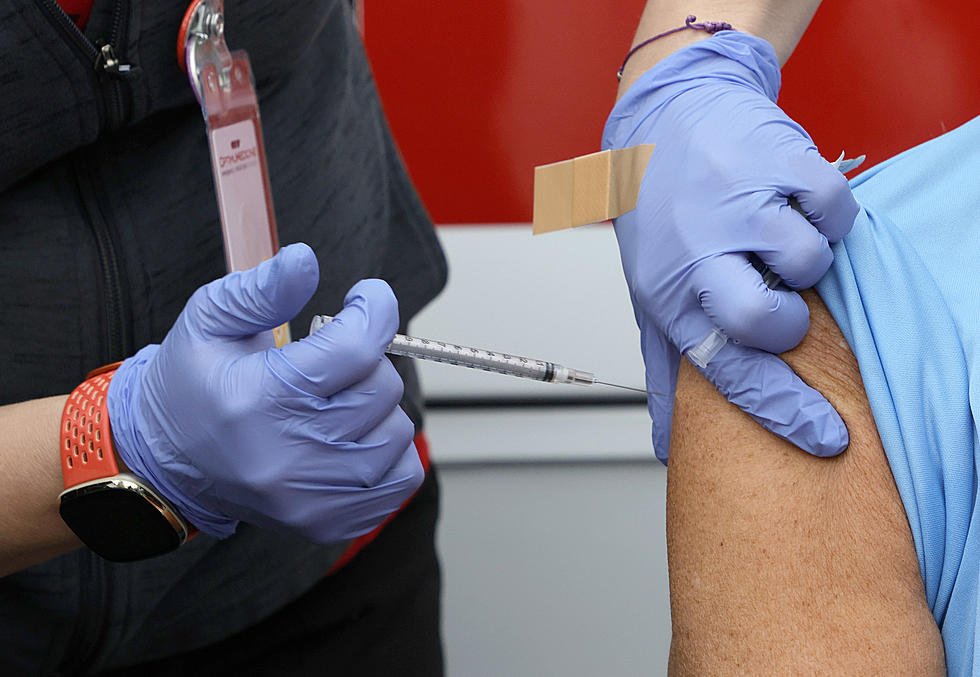
FDA Says Yes to COVID Booster for 16 and 17 Year Olds
COVID19 and it's variants seem to be surging again, and those unvaccinated are the most vulnerable. Doctors are saying in the most simple terms, if you're not vaccinated, you'll get COVID! Although many cases will be mild, you just never know, and many will be severely ill, and some will die. Stark, isn't it.
But, what about those of us who are vaccinated? The FDA and CDC recommend a booster for all adults now, and the U.S. is expanding COVID-19 boosters, opening a third dose of Pfizer's vaccine to people as young as age 16. As we know, the U.S. and many other nations already are urging adults to get a booster to pump up their immunity months after the initial vaccination.
At this time here in the U.S., the Pfizer vaccine is the only option for children and teenagers. So now the FDA gave their go ahead for a booster for those ages 16 and 17.
USAToday.com reported a preliminary study released Wednesday by Pfizer and BioNTech showed only weak protection against the new omicron variant after two shots but suggested protection would be fully restored after a third shot.
The article went on to say, “The booster vaccination increases the level of immunity and dramatically improves protection against COVID-19 in all age groups studied so far,” Ugur Sahin, CEO and co-founder of BioNTech, said.
But, not so fast. It's up to the CDC, Centers for Disease Control and Prevention to provide the final recommendation. Then we will see.
Answers to 25 common COVID-19 vaccine questions
More From 100.5 FM The River









